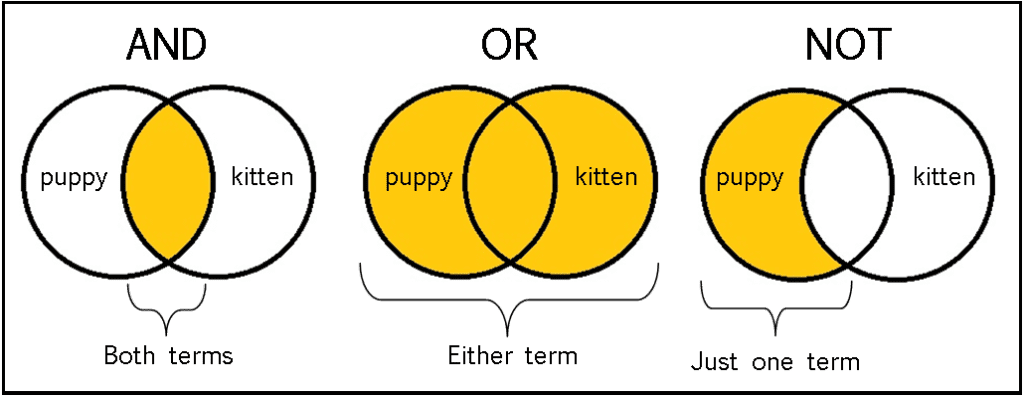The Internet is a wealth of information, but not all of it is good and reliable information. Especially when you’re looking for answers on an objective topic like health, you should be cautious about trusting everything you find online. That said, the Internet is an amazing tool for finding quality information quickly and conveniently. Use this guide to learn how to locate reliable information online, and how to distinguish between trustworthy and non-trustworthy websites.
Searching the Internet
Google is generally the go-to for web searches, but you can use these tips with any search engine:
- Think about your search question. What do you want to find? Distill this into 1 or 2 keywords or key phrases. Example: What does a healthy diet look like for someone with high blood pressure? –> “healthy food” + “high blood pressure”
- Be specific. Example: “low-sodium recipes” is better than “healthy food”
- Use quotation marks around multiple-word exact phrases. Example: “high blood pressure” will search all instances of that exact phrase, not just any time the word “high” or “blood” or pressure” is used.
- Use the Boolean operators AND, OR, and NOT. Example: “high blood pressure” OR “hypertension” will return web pages that include either the word hypertension or the phrase high blood pressure. Here are some more examples of Boolean operators:

More tips:
- Use the advanced search feature.
- Limit your search to type of result, e.g. images.
- Look past the first page of results.
This tutorial walks you through how to do an advanced Google search:
Evaluating search results
Now you have a good list of search results, but how do you decide which sites to trust and which might not have quality, up-to-date, and unbiased information? Here are some questions to ask in evaluating each website:
- What type of site is it? (.edu, .gov, and .org are generally more trustworthy than .com)
- Who runs the website, and what credentials do they have?
- Why have they created this site? Are they trying to sell you something?
- Is the information objective or biased?
- Who is paying for the site, and do they have any incentive to spin the information a certain way?
- Is the information reviewed by experts?
- Where did the information come from? (Are sources cited?)
- Does the site make unbelievable claims?
- When was the website last updated?
- Do you find similar information from other sources?
- Is the site free of spelling and other errors?
For more guidance in evaluating health information online, check out this short tutorial from the National Library of Medicine.
Digital library collections
Many libraries have digital collections available online that are free and open to anyone. The information in these collections has already been vetted by librarians, so it is more likely to be quality information than what you might find randomly online. Whether you are researching a specific topic or just want an e-book to read, check out these collections.
- Free Library of Philadelphia databases: Accessible with an FLP library card, these 150+ databases feature scholarly articles, newspapers, art, audiobooks, music, and more.
- Library of Congress digital collections: The Library of Congress provides open access to its collection of historical documents, newspapers, maps, etc.
- Digital Public Library of America: This online library has an extensive collection of over 40 million images, texts, videos, and audio, including literature, genealogy, historical documents, and scholarly information.
- Internet Archive: This is a non-profit digital library featuring millions of free books, movies, software, music, websites, and more.
- Hathi Trust Digital Library: This is an open-access collection of academic and research information available online.
- Project Gutenberg: This site provides access to over 60,000 free e-books, many of which are older literary works on which US copyright has expired.
If you’re looking specifically for health information, check these sites:
- Medline Plus: This site features easy-to-read consumer information on a wide range of health topics.
- CDC: The government source for all information on diseases, healthy living, and statistics around health.
- Mayo Health: The well-known Mayo Clinic has a good database of resources and information for patients on diseases, symptoms, tests, and drugs.
- PubMed: If you’re looking for scholarly information and medical research, PubMed is the primary source for free, open-access biomedical literature.